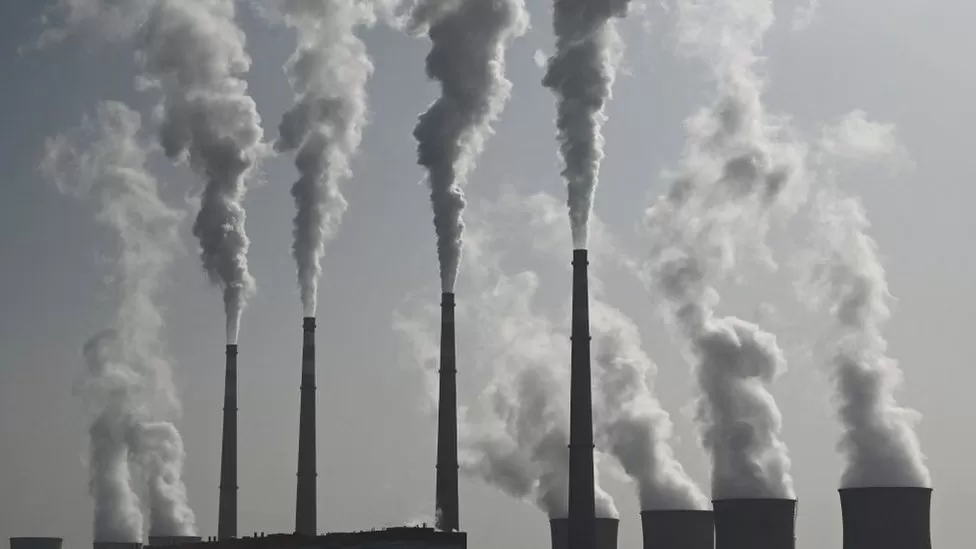Introduction
The global community finds itself at a critical juncture in the battle against climate change. As the dangers of global warming become increasingly apparent, nations face a challenging dilemma: how to combat climate change while ensuring a just and pragmatic transition that considers economic realities. The upcoming UN negotiations, known as COP28, to be held in Dubai in December, have intensified the debate surrounding the role of fossil fuels in the fight against climate change. The United Arab Emirates (UAE), a nation heavily reliant on hydrocarbon resources, has voiced its concerns and called for a different approach to tackling emissions. In this blog post, we will delve into the arguments put forth by the UAE and explore the complexities of the transition away from fossil fuels.
The UAE’s Perspective on Climate
According to Mariam Almheiri, the UAE’s Minister of Climate Change and Environment, a complete phaseout of fossil fuels would have far-reaching consequences for countries that heavily rely on them for revenue or lack viable alternatives. Instead, the UAE proposes focusing on phasing out fossil fuel emissions through the use of capture and storage technology, while simultaneously ramping up the adoption of renewable energy sources. This approach allows countries to continue producing oil, gas, and coal while actively reducing the carbon footprint associated with their extraction and use.
Challenges of Transition
Almheiri’s argument highlights a key challenge faced by the global community: the readiness to transition from fossil fuels to renewable energy sources. While the renewable energy sector has seen remarkable advancements, it is not yet capable of entirely replacing fossil fuels in a short timeframe. This is particularly true for countries with limited resources and infrastructure for renewable energy adoption. The transition away from fossil fuels must be undertaken with careful consideration of economic implications, especially for developing nations heavily dependent on hydrocarbon resources.
Balancing Environmental and Economic Concerns
The differing viewpoints among nations regarding the future of fossil fuels underscore the complexities of addressing climate change. Wealthy Western nations and climate-vulnerable island states have advocated for an immediate phaseout of fossil fuels to combat rising global temperatures. However, countries rich in natural resources have expressed the need to continue extraction to sustain their economies and provide stability during the transition period.
Finding a middle ground that reconciles environmental imperatives with economic realities is crucial. The UAE’s proposal to focus on reducing emissions through carbon capture and storage technology while simultaneously expanding renewable energy generation reflects an attempt to strike this balance. By investing in clean technologies and supporting the renewable sector, countries can mitigate their carbon footprint while maintaining a degree of energy security and economic stability.
‘Phasedown’ of Hydrocarbons
The debate surrounding the phaseout of fossil fuels is not limited to the UAE’s perspective. Last year’s UN climate summit in Egypt witnessed more than 80 countries, including members of the European Union and small island nations, agreeing to include language in the final agreement calling for “a phasedown” of all fossil fuels. However, countries such as Saudi Arabia and China voiced their opposition to this language.
Moreover, the Group of Seven (G7) countries, comprising the largest and longest-developed economies, recently agreed to hasten their phaseout of fossil fuel consumption, although they did not set a firm date.
In this context, the UAE’s emphasis on carbon capture technology becomes even more relevant. The nation showcases its commitment to decreasing the emissions intensity of its oil and gas operations while continuing hydrocarbon production. Carbon capture technology allows for the capture and storage of carbon dioxide emissions, effectively reducing the greenhouse gas footprint associated with fossil fuel use.

